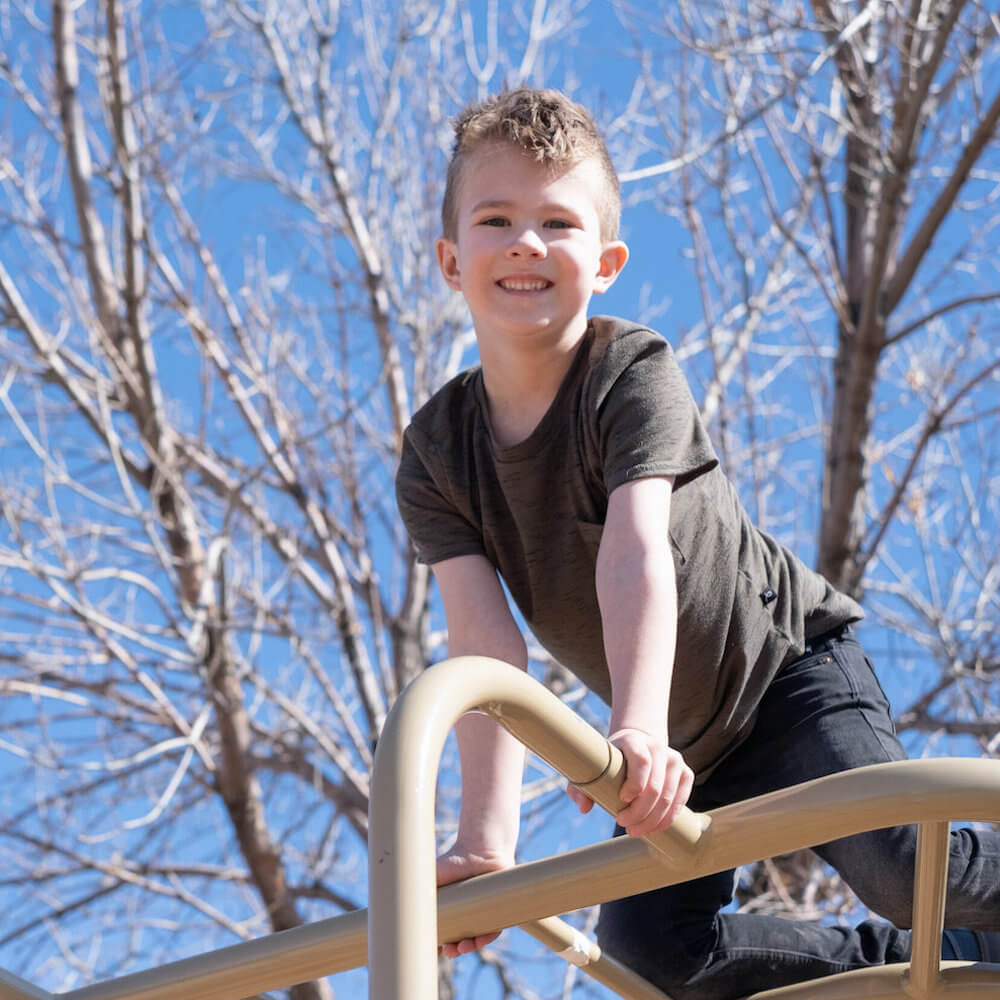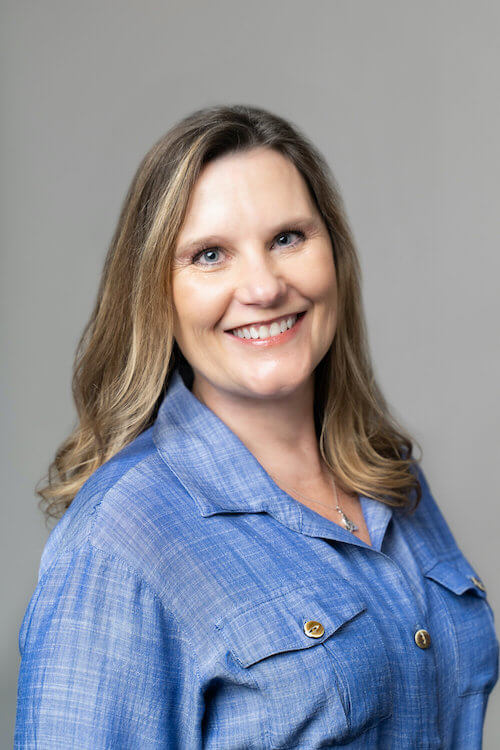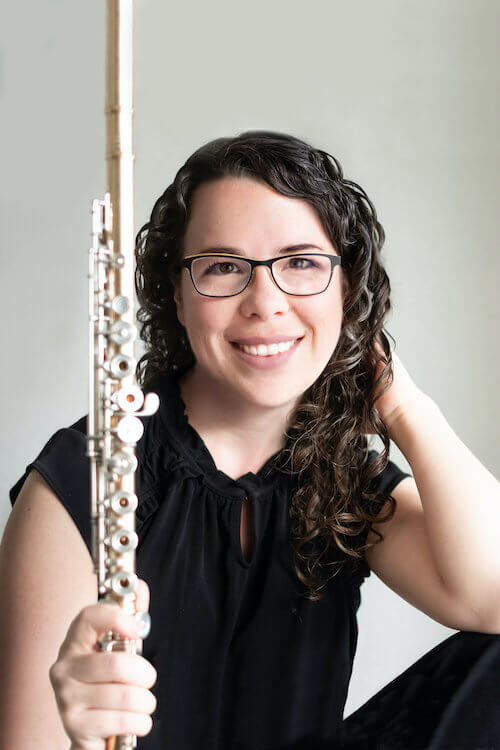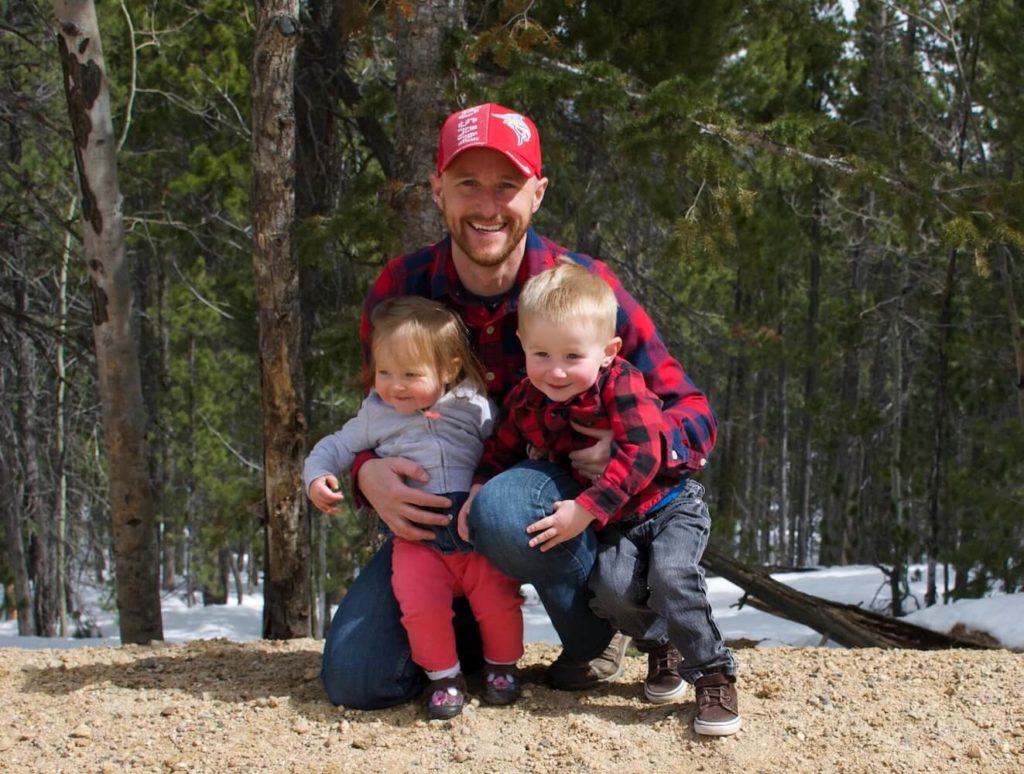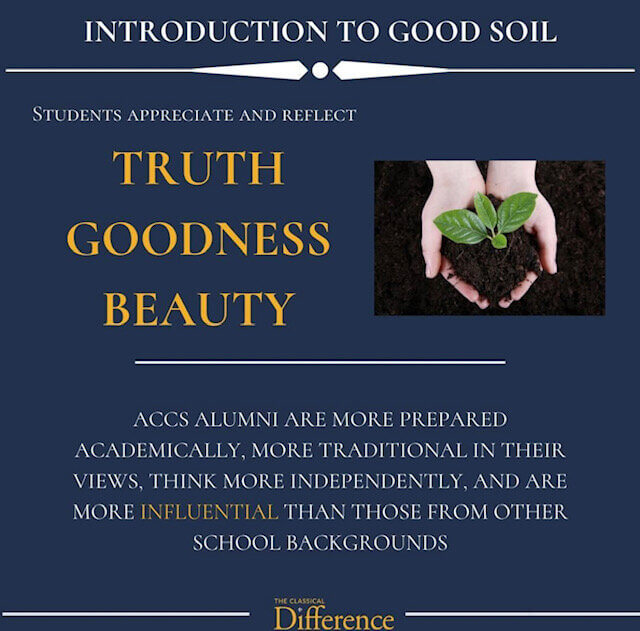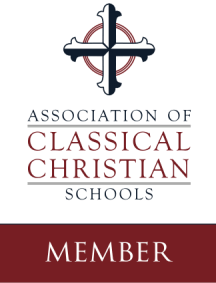“The heavens declare the glory of God, the skies proclaim the works of His hands. Day after day they pour forth speech, night after night they display His knowledge. There is no speech or language where their voice is not heard.” Psalm 19: 1-3
We learn much about our Creator by studying His creation—science and math place us in awe of His greatness, complexity, care and attention in the smallest details. History shapes our understanding of how He relates to us, how He draws us to himself and works in our lives. Created to be relational beings, language helps us learn, relate and communicate with others and Him personally, deeply expressing ourselves and listening to His words to us. And woven into the fibers of our beings, the arts explore how He made us in His image, reflections of His creativity, expression, sensitivity, and complexity. In light of this, music is a significant part of God’s creation. Let’s explore a few ways that including music in the classical curriculum helps draw students closer to our Creator and His purpose for them here on earth.
Beauty in Music
I am constantly in awe of the fact that God not only created our world to be purposeful, but he also created us to respond to Him through His creation. He created our ears to not only hear sound, but also to respond with enjoyment, emotion, and reflection. But the amazing thing is, just as when we experience something beautiful in the world, the depth of our response only increases as we learn more about it. For example, the night sky is beautiful, but it is so much more awe-inspiring after you have learned about the trillions of stars, galaxies, space, and complexity that you are staring into. Music is beautiful on the surface, but as we learn more about its intricacies and how it is formed, we can enjoy it more fully and are more deeply moved to see the beauty of its ultimate Creator. In short, He created us to enjoy and respond to Him, and we can see this played out clearly in music.
Expression and Worship through Music
Music also gives us a way to connect with others. Just as language, both written and verbal, is an important tool that shapes our ability to express ideas, learn, and relate to others, music is also an important tool to express emotion and build connections with others. This is why it is commonly referred to as a “universal language”—one that all cultures in all of history has understood and used to communicate. When our children learn the language of music, it opens the door for all kinds of relationships with the people around them. But what is unique about the classical Christian music education is that it teaches music in light of the gospel, allowing us to use music as God intended—to point the listener back to Him. I am saddened by how often our culture uses music to self-worship or self-medicate, rather than allowing music to point them to the One who can fulfill their every need and more. But our students will learn to appreciate and use this powerful gift in light of the Giver Himself.
However, our goal with music is not only to connect and communicate with those around us; first and foremost, it works to deepen our relationship with God. Music allows us to communicate with the Lord in prayer, worship, and thanksgiving, both individually and corporately. Perhaps the most beautiful example of this is throughout the Psalms where David pours out his heart to God through songs. Though the music to these psalms is lost, we know that he used music to deepen the words used to express his innermost thoughts and feelings to the Lord. When we equip students with the skills to create and use music, we are expanding their tools of worship.
Creativity in music
One of the most amazing parts of humanity is the fact that we are made in the image of God. Some of the very characteristics of God himself are reflected in ourselves! Aspects of our Creator’s immense creativity are still being discovered and marveled. And we, too, have been given creative minds and hearts. Music gives us an opportunity to learn more about God’s creativity as we imitate Him in composing, interpreting music, and expressing through music. And the cycle continues—as we learn to creatively work with music, we grow in our understanding of how vastly creative God is!
Order in Music
As we learn more about our created world, we find over and over again that God intentionally created our world to be intricate and ordered. We study the intricacies of math and science played out in our universe, and when we look at music, we can see these same elements at work. Music was included as one of the four subjects in the medieval quadrivium because it was viewed as the playing out of “numbers in time.” In fact, the difference between “classical” and “contemporary” music is simply that classical music explores these orderly intricacies on a much deeper level. By studying classical music, children will learn how sounds are ordered into notes, notes into harmonies and melodies, the careful placement in time through specific rhythms, and how the sounds of different instruments or voices come together to create more complexity and depth. They will learn about frequencies, how God designed our bodies to receive and process them into music, and how God designed the very universe to “sing” the same frequencies all around us as they combine science with music. They will explore how order within music has been used and explored throughout history and cultures. This list could go on and on!
Learning through Music
Certainly not last, but the final point I will touch on today is that God has designed our brains to not only respond to music, but He made us to also retain enormous amounts of information through music. Singing and using the natural rhythms in language to chant strengthens neural connections and facilitates greater recall over time. Learning to play instruments further deepens this brain development through spatial awareness, managing many different tasks at once, creatively expressing, and understanding music in a much deeper, experiential way. Knowing how to use music in this way was used as a learning tool even in ancient Hebrew culture. These skills have been largely neglected in modern education, but classical education seeks to restore them in teaching our own children.
Though this list is certainly not exhaustive, we can see how important music is to our children’s education. As a core part of classical education, music flows through history, science, math, learning, and communication, deepening our understanding of the character and beauty of God. It allows us to take part as active participants in His creativity, and worship Him through His creation. When we teach music in this way, we reclaim music for what it was created for—a way for us to more fully understand, enjoy, grow, and serve our Lord!
“Praise the Lord!
Praise God in his sanctuary;
praise him in his mighty heavens!
Praise him for his mighty deeds;
praise him according to his excellent greatness!
Praise him with trumpet sound;
praise him with lute and harp!
Praise him with tambourine and dance;
praise him with strings and pipe!
Praise him with sounding cymbals;
praise him with loud clashing cymbals!
Let everything that has breath praise the Lord!
Praise the Lord!”
Psalm 150:1-6
Written by Dr. Whitney Kelley


